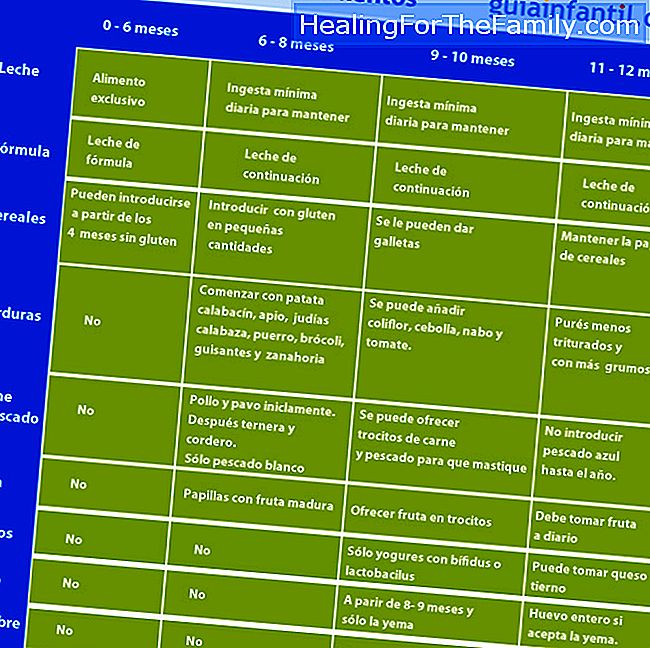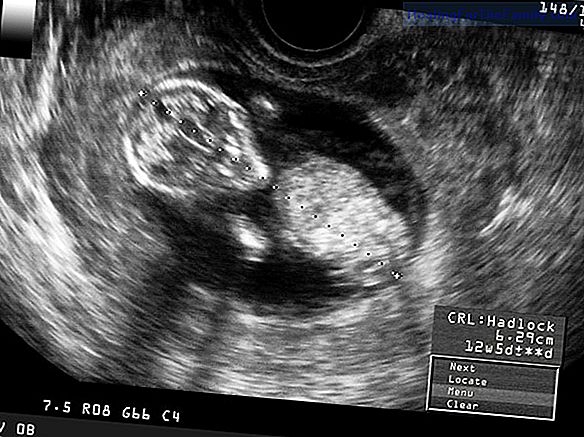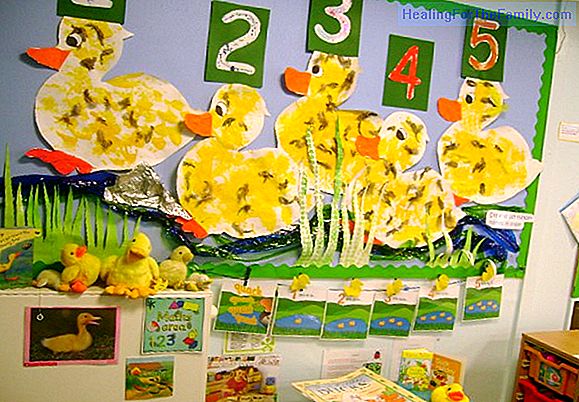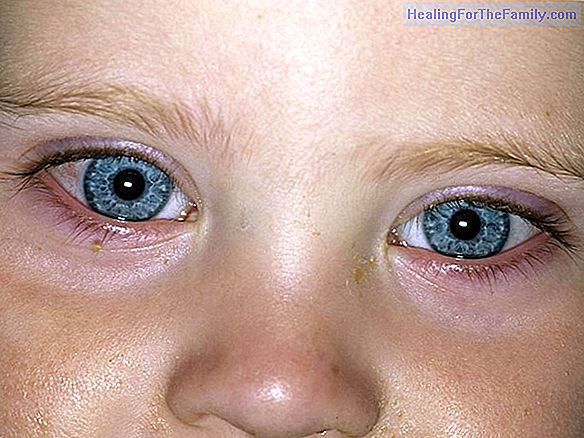Baby food introduction table
During the first months of life, the only and healthiest food the baby can receive is breast milk. Pediatricians and health agencies recommend that breastfeeding be performed exclusively until 6 months of age. From that moment, whether the baby has been fed with breast milk or formula, it is time to
During the first months of life, the only and healthiest food the baby can receive is breast milk. Pediatricians and health agencies recommend that breastfeeding be performed exclusively until 6 months of age.
From that moment, whether the baby has been fed with breast milk or formula, it is time to start complementary feeding, always keeping the breast to ensure the minimum daily in those cases that mothers want and can lengthen breastfeeding until one year or two years, as recommended by WHO.
When the complementary feeding begins to parents, there are a lot of questions, questions and questions that can be clarified with this table of introduction of baby foodthat collects the information provided by the Spanish Association of Pediatrics. Baby food introduction calendar

The baby food introduction table tells us that supplementary feeding can start between 5 and 6 months, as indicated by the pediatrician, who will also indicate the most suitable order for your baby .
In general, and if there is no other complication, pediatricians recommend starting with:
- Cereals porridge:
either mixed with water, breast milk or artificial milk. The baby has to start taking cereals without gluten and then introduce small amounts of cereals with gluten, either in a bottle or in a porridge. - Fruits
: it will also be the first foods that the baby will take, it does not matter as much the type of fruit as it is ripe. It is best to avoid banana or apple if the baby is constipated. The baby should drink fruit daily.- Meat, fish, vegetables:
It is best to start with chicken and turkey and leave for later lamb or veal. The fish will always be white until the year, when we will introduce the blue fish. Meat and fish should not be offered in a single day to avoid excess protein. - Legumes:
it is not advisable to introduce them until 10 or 12 months, and it is recommended to start with legumes without skin (they can be bought already peeled) - Egg:
should not take eggs until 8 or 9 months and has to take only the yolk cooked at first to rule out possible allergies. - Yogurt and cheeses:
must be made with continuation milk or be yoghurts with bifidus or lactobactilus. Until the year the baby can make the following shots: cereal porridge for breakfast, puree to eat, fruit porridge for snack and milk with cereals for dinner. Breastfeeding whenever the mother wants and can be a priority against cereal porridge.
As of the year of life, children can take the same diet as their parents, always avoiding sugary drinks and nuts due to the risk of allergies and choking.












